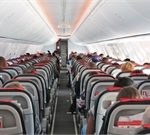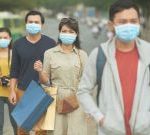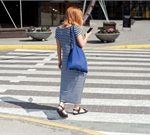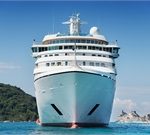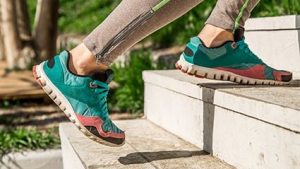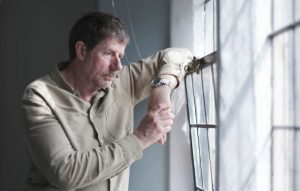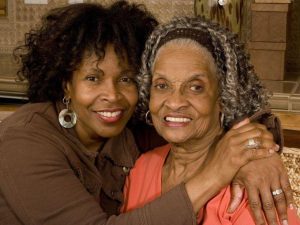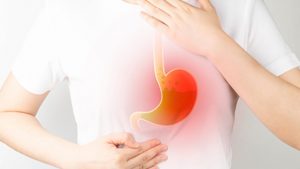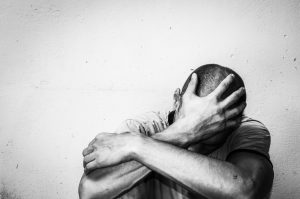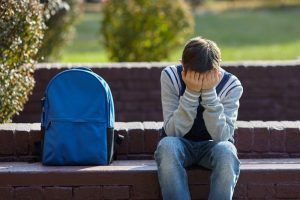
If more women were hired for trucking jobs, the roads would be a lot safer, British researchers suggest. That’s because men, who hold most driving jobs, are more likely to drive dangerously. This puts other road users at risk, said lead researcher Rachel Aldred. She’s a reader in transport at the University of Westminster in London. “Greater gender equity would have a positive impact on [vehicle-related] injuries,” Aldred said. “Policymakers should be looking to measure the risk posed to others, and how to reduce it.” For the study, Aldred’s team drew on four sets of British data. They included injury and traffic statistics, travel survey data, as well as population and gender figures for 2005 to 2015. Men posed a significantly higher risk to others for five of the six types of vehicles studied, the researchers found. For cars and vans, the risk male drivers posed was double that of women per kilometer driven. The risk was four times higher for male truck drivers, and more than 10 times higher for those on motorcycles, the findings showed. Overall, two-thirds of traffic deaths were tied to cars and taxis, but the research suggested other vehicles might be even more dangerous. Trucks and buses were associated with one in six deaths to other road users, according to the report. The number of deaths for each kilometer driven… read on >










